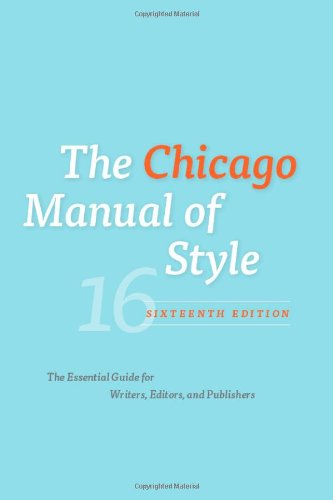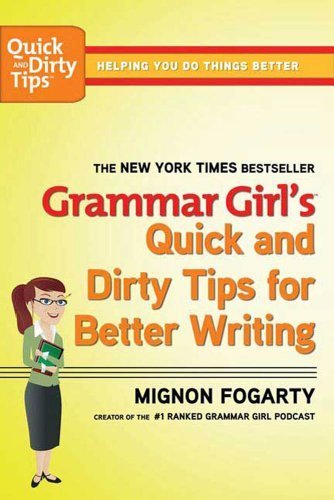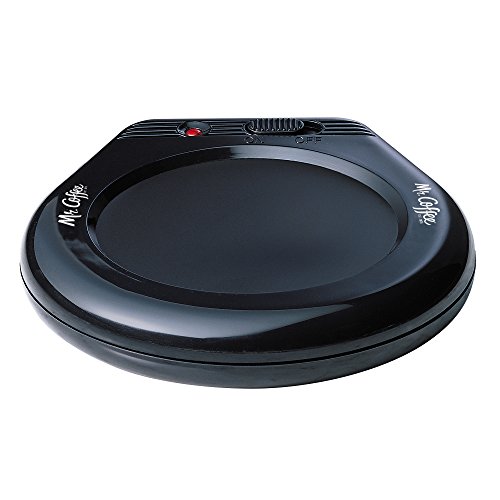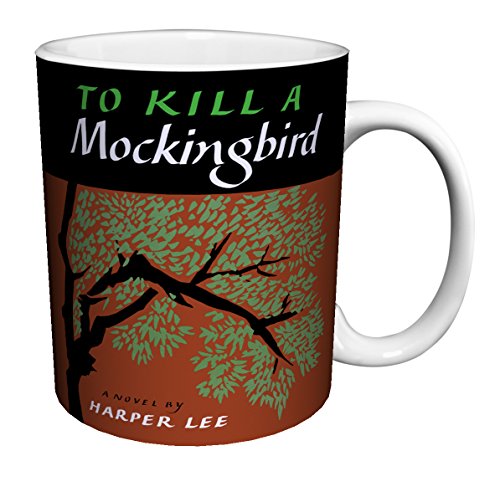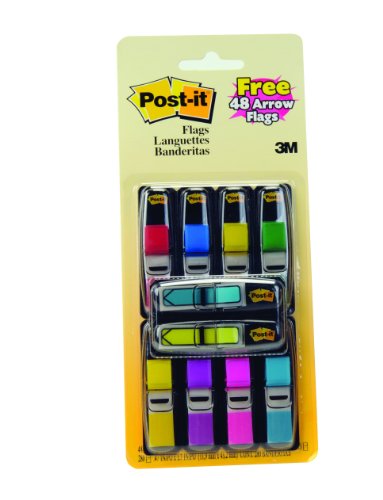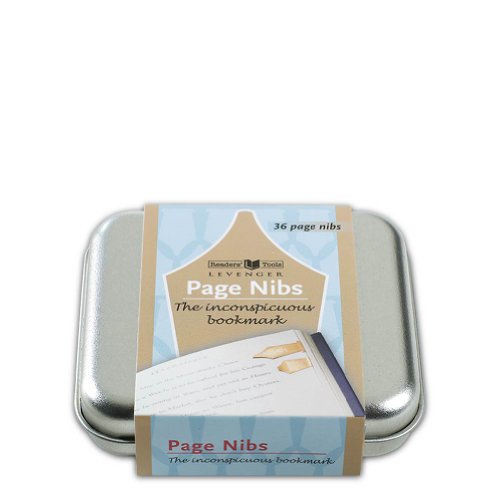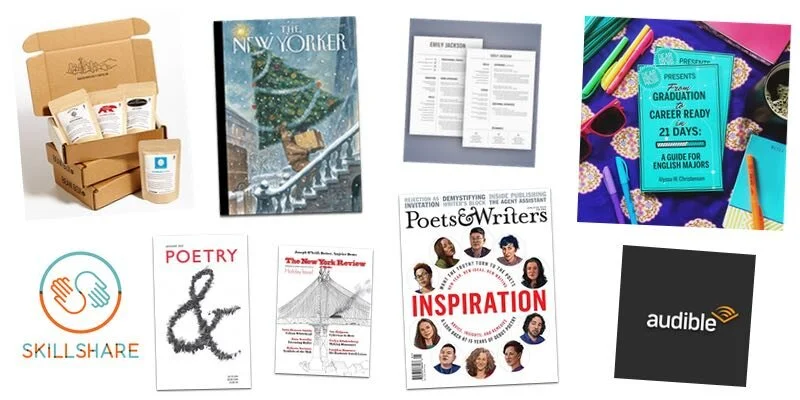Name: Hannah C. Coffman
Age: 22
College & Majors/Minors: Lindenwood University, BA English Creative Writing
Current Location: St. Louis
Current Form of Employment: Grant Writer & Writing Specialist
Where do you work and what is your current position?
I work part time at Lindenwood University as a Writing Specialist and part time at Faith Ascent, a small nonprofit, as a Grant Writer. My job at Lindenwood involves working closely with students in order to strengthen their writing and editing skills, assisting with English assessments of undergrads, and being a teacher’s assistant for an entry level English course. I spend a lot of time walking through papers with students and proofreading, proofreading, proofreading!
At Faith Ascent, I am currently developing a proposal to a local foundation with the intent of funding a new project. I’ve been working on program development with the organization’s director so that the project will more effectively compel funding. This involves a lot of research of best practices and a healthy amount of brainstorming. I also handle most of the actual writing and editing of the proposal, which is my favorite piece of grant writing. At this job I’m able to benefit a nonprofit whose mission resonates with me by using the skills I obtained through my Bachelor’s degree, and it’s extremely rewarding work.
My goal is to move towards a full-time career as a grant consultant by providing consulting for as many different organizations as possible during the next several years. I’ve found that consulting is a great way to gain experience and learn the ropes from more experienced professionals. I am really passionate about using my English skills in the nonprofit sector, and I also love the freedom and flexibility of working independently.
““Working as a Writing Tutor was a truly valuable experience, and that position led to my current employment as a Writing Specialist in the Lindenwood Writing Center.””
Tell us about how you found your first job, and how you found your current job (if different).
I worked as a Writing Tutor for four years during my undergraduate career, a job I landed as a freshman because I had completed English classes for college credit in high school (sometimes being a nerd can pay off). Working as a Writing Tutor was a truly valuable experience, and that position led to my current employment as a Writing Specialist in the Lindenwood Writing Center. The work we do in the Writing Center is critical to student success and I’m grateful to be a part of it.
I also took part in a very important internship during the summer of 2014 at The Sparrow’s Nest Maternity Home, a wonderful nonprofit that houses pregnant, homeless teens. During this internship I had the chance to network in the nonprofit community and learn the nuts and bolts of grant writing. It was because of this internship that I decided to reach out to other area nonprofits for grant writing opportunities and found my current position at Faith Ascent Ministries.
What was another writing-related job that was important in your career?
As a teenager I was part of the AMP program of the St. Peters Suburban Journals, a program that began as a way for teens to volunteer their time in order to experience writing for a successful publication. During my time as an AMP writer, the newspaper transitioned the teenage writers into paid staff members. Although journalism has never been my favorite area of writing, getting to be a part of a wholly different writing world was a great opportunity for me and forced me to step outside of my comfort zone. I still keep newspaper clippings of each article I wrote while working for the journal.
““In the same way, freelancing requires a heavy commitment to creative scheduling and self-discipline, not to mention all of the deadlines that grant writers are required to juggle on a daily basis. I think being dedicated to my college career helped me smoothly transition into the English workforce.””
What did you do in college to prepare for your post-grad life?
Because I picked a major I loved, I (almost) always enjoyed school. Excellent grades were a priority during my undergraduate years and I made sure to set aside time to study and sleep. I believe being devoted to my studies helped prepare me to freelance in grant writing. In college, I found that I needed to motivate myself, find time to study in between part time jobs and a social life, resist the urge to procrastinate, and really dive into difficult subjects. In the same way, freelancing requires a heavy commitment to creative scheduling and self-discipline, not to mention all of the deadlines that grant writers are required to juggle on a daily basis. I think being dedicated to my college career helped me smoothly transition into the English workforce.
What is your advice for students and graduates with an English degree?
It seems that English majors are sailing through their coursework in one of two boats: they either know exactly what career path they want to take and how the degree relates to their goals, or they spend their undergraduate years furiously trying to discover what they might do with the degree. I was in the second boat. When I came to college I knew for certain that I wanted to study English, but I didn't know exactly how I wanted to use the degree. I researched many different avenues that the degree could provide, and for a while I considered becoming an ESL tutor before settling on grant writing.
Also: know that as an English major it is unlikely that you will find job opportunities through Google or a job search engine. In this field, it is extremely important to network and find your niche. You are always your own best advocate for success, and success requires an almost maddening level of persistence. If you are willing to ask professors to alert you to career opportunities, attend relevant conferences in order to network with professionals in the field, frequent career fairs, and personally contact organizations you would love to work for even if they do not have current job openings, you will find a position in a field you love.
““In this field, it is extremely important to network and find your niche. You are always your own best advocate for success, and success requires an almost maddening level of persistence. If you are willing to ask professors to alert you to career opportunities, attend relevant conferences in order to network with professionals in the field, frequent career fairs, and personally contact organizations you would love to work for even if they do not have current job openings, you will find a position in a field you love.””







